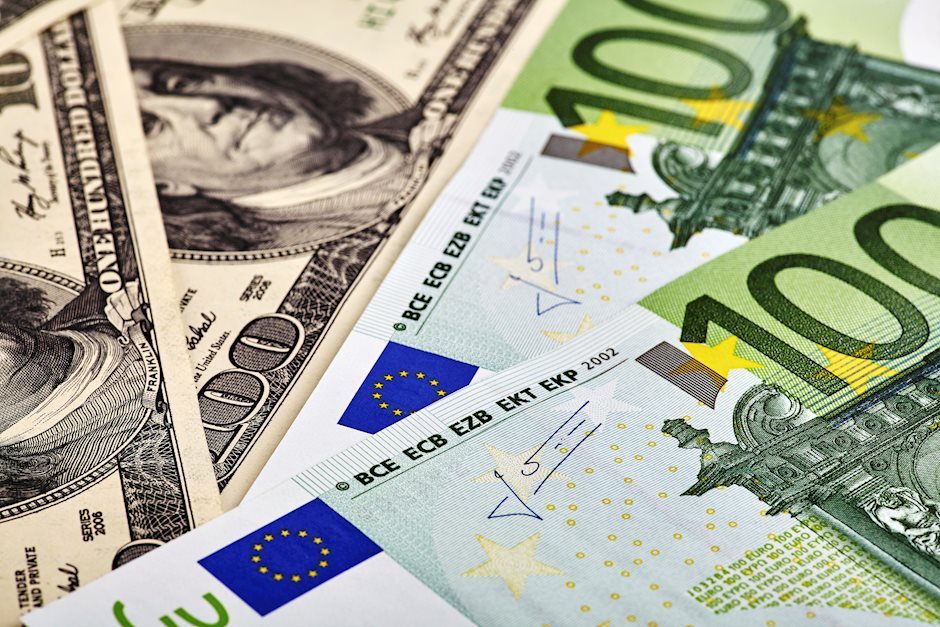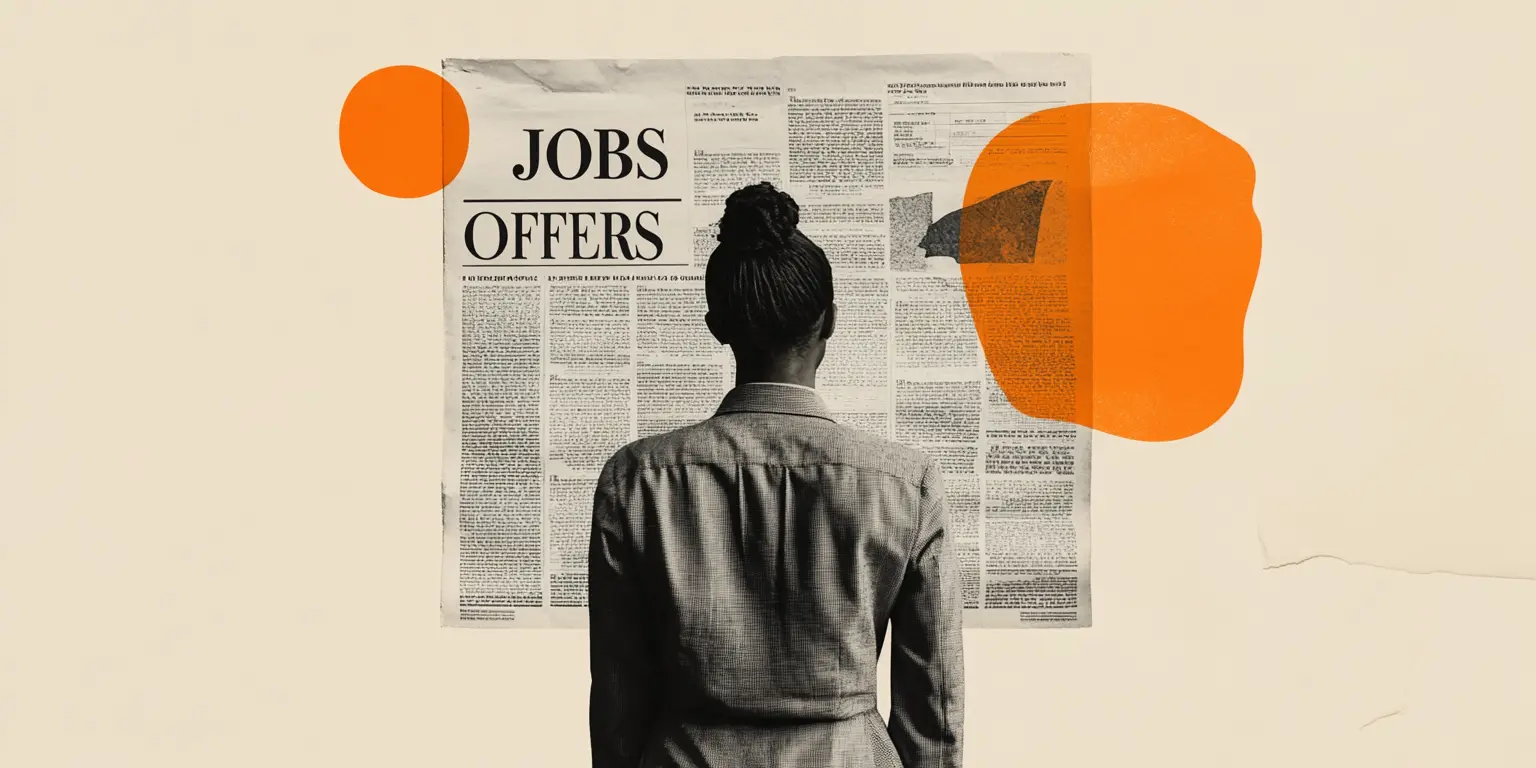EURUSD: The market is yelling that the Fed is wrong

Outlook:
The calendar this week is full of little US (and Canadian) flags. The most important one is US retail sales, which has been fairly erratic over the past year. See the tradingeconomics.com chart. We had retails sales up a robust 0.8% in May, but tradingeconomics forecasts 0.36% in Q3 and 0.32% for the next three quarters after that—in other words, tepid. Other forecasts are more optimistic. Gee, you’d think we could guess this one more easily.
Bloomberg reports a likely 0.5% drop in retail sales m/m. This could be a big fat dollar negative. We also get the New York Fed's Empire manufacturing index and the World Economic Outlook from the IMF, which is likely to slam Trump’s trade war.
The lousy retail sales forecast lends credence to the idea that the Fed may well be able to execute one or two rate hikes this year, but hikes might be off the table in 2019. This is the thesis advanced by the FT over the weekend: “Bond traders are anticipating that an end to the Federal Reserve’s cycle of monetary policy tightening could come as early as next year, facing down policymakers that expect to raise interest rates for longer.”
Fed chief Powell gives the semi-annual testimony to Congress this week and if any of the Congressmen read the FT, the questioning could get interesting. The FT notes “… current prices in US interest rate markets suggest that the central bank will stop its hiking cycle sooner [than 2020]. According to the median prediction by policymakers, the Fed policy rate will rise to 3.375 per cent in 2020. In contrast, eurodollar futures suggest rates may plateau in 2019. The differences come as investors are factoring in the risk of a slowdown in the economy despite strong corporate earnings growth and positive economic data….”
Eurodollar futures for Dec 2019 are at 2.97% (on Friday)—and the nearly identical 2.975% for March 2020. The yield actually falls to 2.96% for the Dec 2020 maturity. We get multiple instance of yield curve inversion in Treasuries, but “This is only the fifth time since 1989 that there has been an inversion in the eurodollar futures yield curve.” The market is yelling that the Fed is wrong. Fed funds futures are less heavily traded than eurodollars but also show a “similar plateau in 2019, although it is not inverted.”
Where the rubber meets the road is inflation. What if the US gets a slowdown as evidenced by household spending/retail sales, but inflation keeps rising? The Fed will be facing an almost certain “policy error”—continuing to hike while under the surface, all growth momentum is draining away down into a sinkhole. The worst-case scenario has the Fed cutting rates in 2020, just ahead of the next presidential election—something Trump would take “credit” for.
Political Effects: Trump has consistently denied that the Russians hacked the 2016 election to his benefit, despite all the US intelligence agencies affirming it and now the Special Prosecutor naming names. At the same time as calling the investigation a witch hunt (as though everything is about Him), Trump calls the reports about the investigation “fake news” and the press “an enemy of the people.” And yesterday he slammed the EU as our worst foe “because of what they do to us on trade.”
This is just awful. EU President Tusk said “America and the E.U. are best friends. Whoever says we are foes is spreading fake news.” Earlier, Tusk had said the trade war, i.e., Trump, is changing the architecture of the world order. Golly, does this mean Europe is taking leadership? The probability is low, but you never know. At least the EU is cozying up to China.
We will know soon enough (today) what Trump and Putin agree on, or at least what Trump says they have agreed. Putin is not likely to gainsay anything Trump chooses to use to grab headlines. One unhappy idea is that Trump will give permission to Russia to take back some former Soviet republic (Belarus, maybe) in return for a giant increase in oil output, maybe even direct sales to the US.
This is an excerpt from “The Rockefeller Morning Briefing,” which is far larger (about 10 pages). The Briefing has been published every day for over 25 years and represents experienced analysis and insight. The report offers deep background and is not intended to guide FX trading. Rockefeller produces other reports (in spot and futures) for trading purposes. To see the full report and the traders’ advisories, sign up for a free trial now!
This is an excerpt from “The Rockefeller Morning Briefing,” which is far larger (about 10 pages). The Briefing has been published every day for over 25 years and represents experienced analysis and insight. The report offers deep background and is not intended to guide FX trading. Rockefeller produces other reports (in spot and futures) for trading purposes.
To get a two-week trial of the full reports plus traders advice for only $3.95. Click here!
Author

Barbara Rockefeller
Rockefeller Treasury Services, Inc.
Experience Before founding Rockefeller Treasury, Barbara worked at Citibank and other banks as a risk manager, new product developer (Cititrend), FX trader, advisor and loan officer. Miss Rockefeller is engaged to perform FX-relat

















